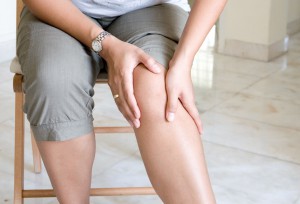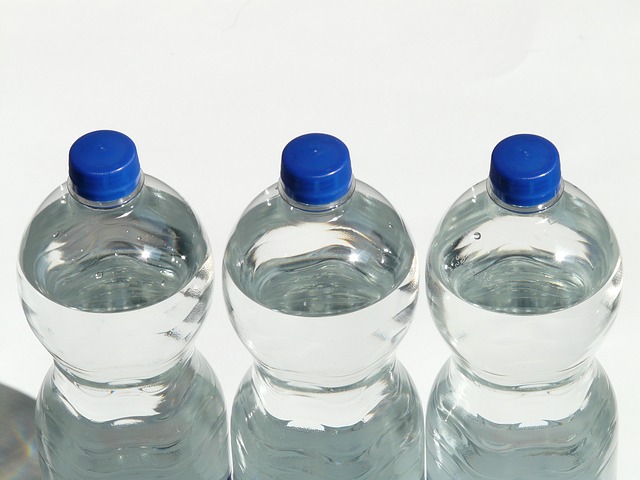Shoulder pain can affect much more than just our comfort. It can limit our ability to pick up our children, carry groceries, or even reach for something on a high shelf. If you’ve been struggling with nagging shoulder pain, there’s a strong possibility it may be due...
A stress fracture is a small crack within a bone. However, unlike acute fractures, which occur from a sudden injury, stress fractures gradually develop over time and are common among athletes, runners, and individuals with physically demanding lifestyles. These tiny,...
Tendons are tough, fibrous tissues that connect muscle to bone and play a critical role in our movement, from helping us swing a tennis racket to allowing us to lift groceries or climb the stairs. But for all their strength and flexibility, tendons are also...
Preventing Muscle Wear and Tear

Athletes constantly challenge their muscles by putting them through grueling training sessions and competitions. While staying in shape and performing well go hand in hand, overworking muscles can result in damage that can bench an athlete for the season.
If you’ve faced muscle strains and tears, you’ll understand how difficult it can be to protect your muscles from further injury. Fortunately, there are ways to prevent muscle damage while still staying active.
Rest After Injury
After a muscle injury, it’s important to have the muscle properly treated and allow it to completely heal or before working out again. See a doctor as soon as you experience any discomfort in order to determine what course of action needs to be taken to treat the injury. A minor injury may only require rest, while a severe injury may need to be surgically treated.
Exercising before your injury has fully healed can result in additional damage to the muscle, surrounding ligaments or tendons, and even the joints. Be sure to consult with your doctor before returning to any type of training program.
Don’t Over Train
Training too hard or too often can overwork the muscles and cause serious wear and tear. One sign of over training is aches and pains in certain areas. Spending an extended period of time focusing on one muscle group will result in injury. Athletes often believe that they need to continuously work out to see results, but muscles need the opportunity to rest and recover from exercise in order to grow.
Don’t push your body too hard. It’s important to take one or two rest days per week where you don’t perform any intense exercise. Your body will thank you for it, and you’ll be able to perform better at your next training session.
Sleep
Sleep gives your muscles adequate time to recover. It’s important to make sure you’re getting enough sleep every night. If you can’t get the recommended seven to eight hours, a 30-minute nap after a workout is another way to give your muscles the rest they need.
Diet
Just as your muscles need rest to recover, they also need nutrients to grow. Because muscles are made up of mostly protein, add some meat, poultry, fish, and eggs to your diet. Consuming carbohydrates, such as whole grains, before a workout can keep your energy level up throughout the entire session. And don’t skimp on the fruits and vegetables.
Hydration
Water is critical to your performance, energy level, and overall health. Your body is made up of mostly water, so replenishing it throughout the day can help you function better during workouts and daily activities. One tip to keep you drinking water throughout the day is to fill a 32-ounce water bottle and drink all of it twice.
Follow these simple tips and your muscles will become stronger, healthier, and more resistant to everyday wear and tear that can occur from physical activity. Remember to give your body a healthy balance between exercising, recovery periods, and replenishing the nutrients you lose during workouts.



